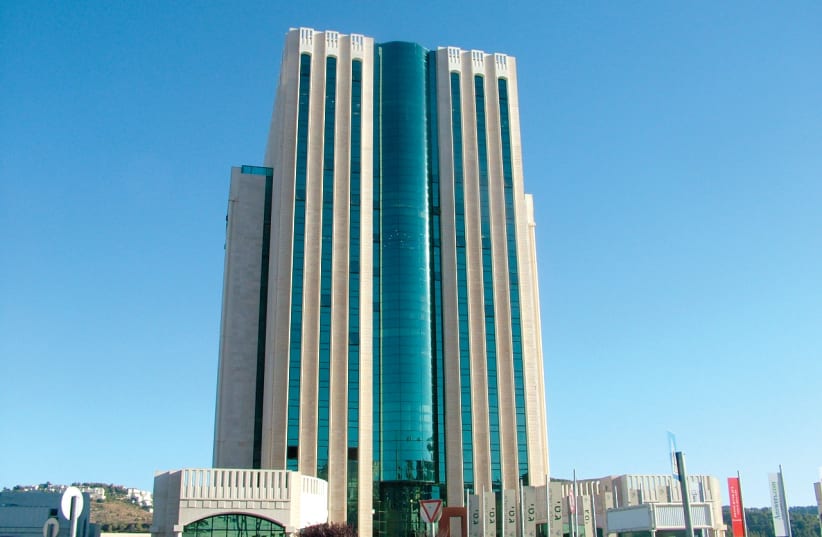Israeli Life Sciences Sector Sees $2.7 Billion Investment Surge
Investment in Israel’s life sciences and health-tech sectors experienced a significant surge in 2024, reaching $2.7 billion. This represents a 25% increase, according to a new report released by the Israeli Advanced Technology Industries (IATI), the Israel Innovation Authority, and PwC Israel.

The report, released ahead of the MIXiii Health-Tech.IL conference in Jerusalem, highlights the sector’s resilience and growth, particularly in the wake of the Israel-Hamas War. It also notes a resurgence of Israeli companies raising capital on US stock exchanges, with four initial public offerings (IPOs) in 2024 compared to zero in 2023.
“The Israeli innovation ecosystem has always been more than just an economic growth engine—it is a symbol of resilience, adaptability, and the ability to turn challenges into opportunities,” said Karin Mayer Rubinstein, CEO and president of IATI.
The research points to Israeli companies developing innovative medical solutions in response to the war, including advanced DNA identification for casualty recognition, smart prosthetics, and innovative medical devices for limb rehabilitation.
“The war emphasized the critical need for groundbreaking medical technologies, from battlefield evacuation to physical and mental rehabilitation,” Rubinstein noted. “Israeli innovations are already helping with rapid injury detection, emergency treatment, and advanced medical support during evacuation and hospitalization.”
Government Investment and Key Findings
Dror Bin, CEO of the Israel Innovation Authority, emphasized the need for systemic solutions to support the medical and rehabilitation sectors.

The Authority allocated 500 million shekels (approximately $135 million) in 2024 toward digital health, rehabilitation, and medical technology investments, with a focus on bio-convergence infrastructure.
“This investment is designed to ensure that Israel not only maintains its place at the forefront of innovation but also drives forward breakthrough medical solutions,” Bin stated.
Key findings of the report include:
- A 37% increase in the number of new life sciences startups compared to 2023.
- Over $2 billion in private investments in life sciences companies, with 58% coming from foreign investors—a 62% rise in Israeli investor participation.
- Venture capital funds accounted for 84% of private investment, totaling $1.7 billion.
- A 47% increase in public market fundraising, with Israeli life sciences companies raising $637 million on US stock exchanges.
- Four IPOs of Israeli companies in the US, following a year with no initial public offerings in 2023.
- A surge in secondary offerings on the Tel Aviv Stock Exchange (TASE), reaching $19 million, though no new IPOs occurred for the third consecutive year.
The report also examines the challenges, technological solutions, and investments needed for rehabilitation medicine in Israel, based on interviews with leading medical professionals.
Omer Gavish, partner and head of life sciences at PwC Israel, noted that improvements in battlefield medical care have increased survival rates but have also strained the healthcare system. “To address this, Israel has rapidly expanded rehabilitation facilities and embraced cutting-edge technologies,” Gavish said.
Global Competitiveness
IATI’s survey of 25 leading venture capital firms investing in life sciences revealed that most firms have not significantly altered their investment strategies in Israeli companies despite the war. Only 15% expanded into new sectors as a direct result of the conflict.
“The Israeli life sciences sector continues to be a global hub for innovation,” Rubinstein concluded. “We will continue working to create an investment-friendly regulatory environment, foster global partnerships, and attract investments that reinforce Israel’s position as a leader in medical and technological innovation.”
The full report will be presented at the MIXiii Health-Tech.IL conference, which will take place in Jerusalem.

